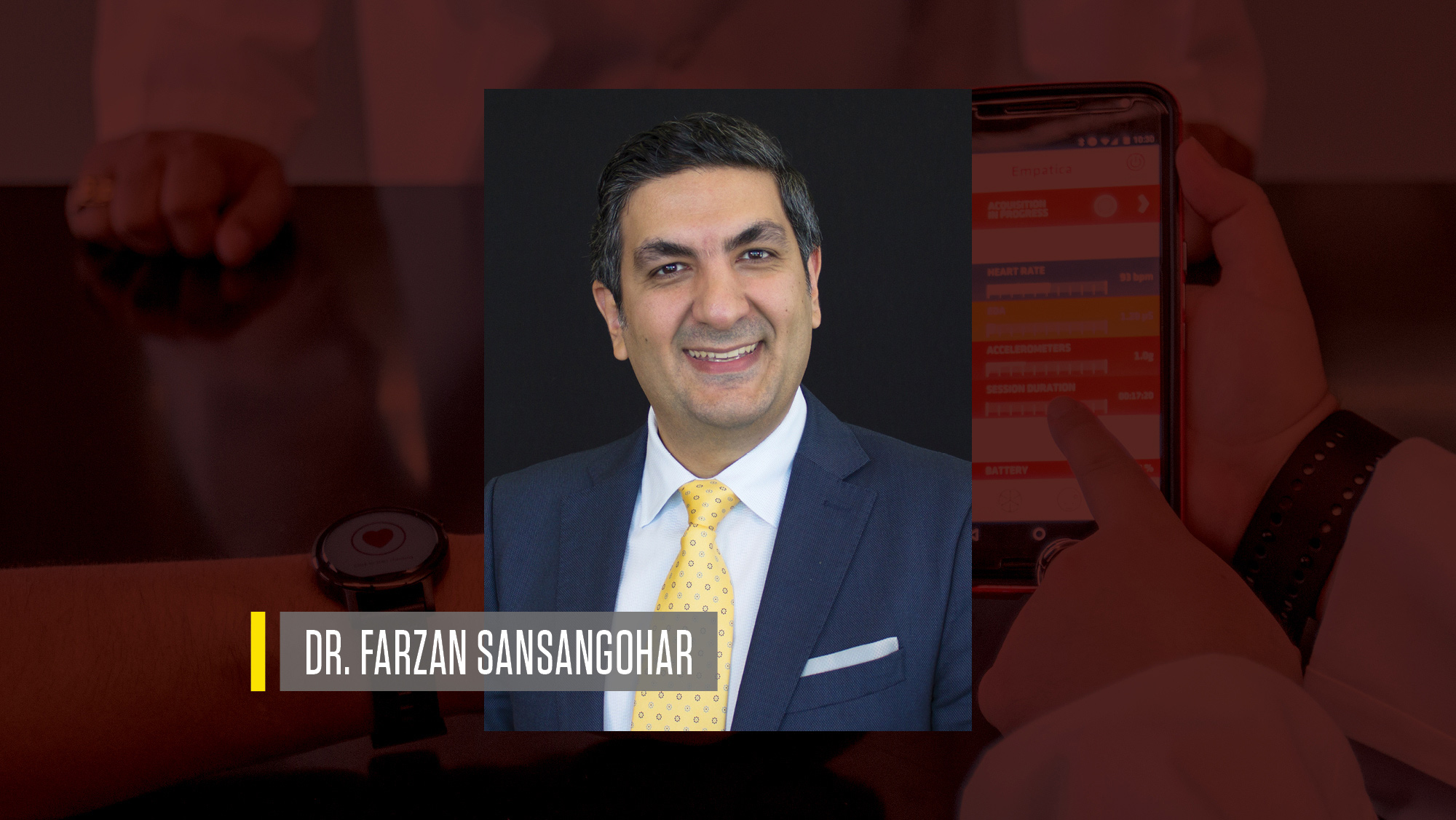
I think our work at the intersection of artificial intelligence, healthcare and human factors engineering contributes to the future of digital mental healthcare.
Dr. Farzan Sasangohar, associate professor and Mike and Sugar Barnes Faculty Fellow II for the Wm Michael Barnes '64 Department of Industrial and Systems Engineering at Texas A&M University, recently received the Jack A. Kraft Innovator Award from the Human Factors and Ergonomics Society.
Since 1970, this award honors those who have made significant efforts to advance the application of human factors and ergonomics principles to new fields or domains.
Dr. Sasangohar and his team at the Applied Cognitive Ergonomics Lab have pioneered novel methods combining non-intrusive psychophysiological sensing and machine learning for real-time monitoring of mental health states in various vulnerable populations including college students and nurses navigating the challenges of the pandemic, as well as combat veterans grappling with post-traumatic stress syndrome.
The approach utilizes human factors engineering to design effective, intuitive, usable and sustainable digital therapeutics tools for mobile platforms such as smartwatches and smartphones to provide timely support to those in need.
“I am delighted that our work in applying human factors methodologies to improve mental health outcomes is being acknowledged.” said Sasangohar. “Mental health is a fundamental pillar of overall well-being, and it is an area in desperate need of innovative approaches.”
He received support for this award from hospital administrators, veteran support groups and college mental health support services for his innovative work at the intersection of human factors and telepsychiatry.
“I believe the most effective approach for mental healthcare is empowering self-care,” he said. “I think our work at the intersection of artificial intelligence, healthcare and human factors engineering contributes to the future of digital mental healthcare. I must emphasize that this achievement is not mine alone; it results from the dedicated efforts of a team of exceptional students, postdoctoral fellows and my collaborators who share a commitment to making a meaningful impact on the lives of those with struggles.”
Sasangohar has published several peer-reviewed journal articles on this topic. His patent-pending technology for PTSD hyperarousal detection has been the subject of a testimony before the U.S. Congress. Additionally, he is the co-author of Design for Health: Applications of Human Factors in Healthcare and currently serves as the editor-in-chief of Human Factors in Healthcare.